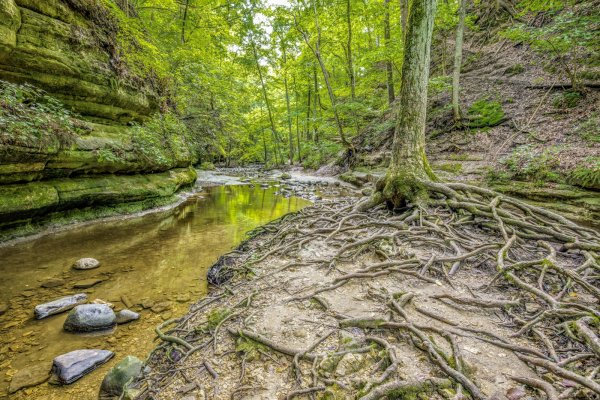ShokWaveRider
Give me a museum and I'll fill it. (Picasso) Give me a forum ...
Advice and Recommendations needed.
What is a good all round camera for someone who would like to take up photography in retirement. Not a starter camera as such, but one that you would buy for keeps. Does not need to be cheap, more interested in overall functionality and perhaps ease of use too. I like to take photos of wildlife and vistas mainly, perhaps the odd video.
I have owned some good Cameras but not really for the photography usage aspect. I bought them to design mounts for commercial drone applications and sold them after the projects were complete. So currently I only have a small point and shoot. I used to have a few Canon Lenses, but again all have been sold off to fund the next project. So I am really starting from scratch now.
I think I would like a full frame camera as I have never owned one.
Some in order of the latest are:
Sony 6500 - This was a nice camera, but seemed very complicated.
Sony 5000
Ricoh GR
NX-1100
Canon 7D
Some older Canon EOS DSLR Models.
Any Recommendations would be helpful.
What is a good all round camera for someone who would like to take up photography in retirement. Not a starter camera as such, but one that you would buy for keeps. Does not need to be cheap, more interested in overall functionality and perhaps ease of use too. I like to take photos of wildlife and vistas mainly, perhaps the odd video.
I have owned some good Cameras but not really for the photography usage aspect. I bought them to design mounts for commercial drone applications and sold them after the projects were complete. So currently I only have a small point and shoot. I used to have a few Canon Lenses, but again all have been sold off to fund the next project. So I am really starting from scratch now.
I think I would like a full frame camera as I have never owned one.
Some in order of the latest are:
Sony 6500 - This was a nice camera, but seemed very complicated.
Sony 5000
Ricoh GR
NX-1100
Canon 7D
Some older Canon EOS DSLR Models.
Any Recommendations would be helpful.

